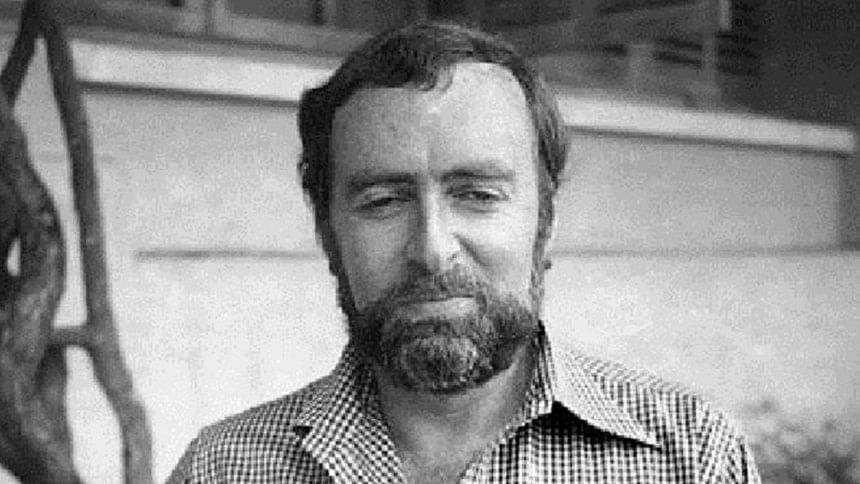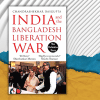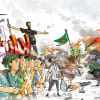A tribute: Schanberg who first broke Pak atrocities to the world

The Daily Star is paying a tribute to Sydney H Schanberg, a correspondent of The New York Times who upheld before the world the atrocities of Pakistani military in Bangladesh in 1971 through his reporting.
The journalist died yesterday in Poughkeepsie, New York at the age of 82.
In 1971, Schanberg, was expelled by the Pakistani authorities after the march 25 crackdown, who was here in Dhaka to report on power handover to Bangabandhu Sheikh Mujibur Rahman by the repressing West Pakistanis.
First Report on Bangladesh Liberation War by Sydney Schanberg [PDF]
On the night of 'Operation Seachlight', baffled by ominous sounds of tank guns and machineguns and puzzled by the confusing answers of the army officials at the then Hotel Intercontinental, Sydney wrote in his report: "Every time newsmen in the hotel asked officers for information, they were rebuffed. All attempts to reach diplomatic missions failed. In one confrontation, a captain grew enraged at a group of newsmen who had walked out the front door to talk to him. He ordered them back into the building and, to their retreating backs, he shouted, "I can handle you. If I can kill my own people, I can kill you."
He was confined with all other foreign newsmen and completely cut off from any information about the genocide and received orders to leave Dhaka by 6:15pm of March 26.
However, this was not the end of his journey to uncover the atrocities of Liberation War 1971. Schanberg, along with Sir William Mark Tully, Manosh Ghose, Simon Dring and Ingvar Oja, even after strict orders to leave the warzone were striving to play crucial role in uncovering brutalities on Bangladeshis from Kolkata and New York.
In June 1971, Schanberg filed a number of eyewitness accounts from Bangladeshi towns for The New York Times. In response, the Pakistan army expelled him from the country on June 30, 1971.
Schanberg described the systematic subjugation and killing of Bangalees. "Army trucks roll through the half-deserted streets of the capital of East Pakistan these days, carrying "anti-state" prisoners to work-sites for hard labour. Their heads are shaved and they wear no shoes and no clothes except for shorts--all making escape difficult."
Schanberg said later in an interview with New York Times journalist Gary J Bass the confined journalists watched from the hotel flames from Dacca University, where, he says, the army seemed to be shooting artillery.
He came back to Dhaka again on 16th December, 1971, on the day the country was liberated from the clutches of West Pakistan.
Born in Clinton, Massachusetts on January 17, 1934, Sydney graduated from Harvard in 1955 with a bachelor's degree in American history. Drafted in 1956, he served as a reporter for an Army newspaper in Frankfurt, according to The New York Times.
He joined The Times in 1959 as a copy boy and became a staff reporter in 1960. In 1964, he began covering the New York State Legislature.
Schanberg joined The Times's foreign staff in 1969 and was named bureau chief in New Delhi. He was The Times's metropolitan editor from 1977 to 1980 and wrote a column twice a week, with a focus on New York, from 1981 to 1985.

 For all latest news, follow The Daily Star's Google News channel.
For all latest news, follow The Daily Star's Google News channel. 








Comments